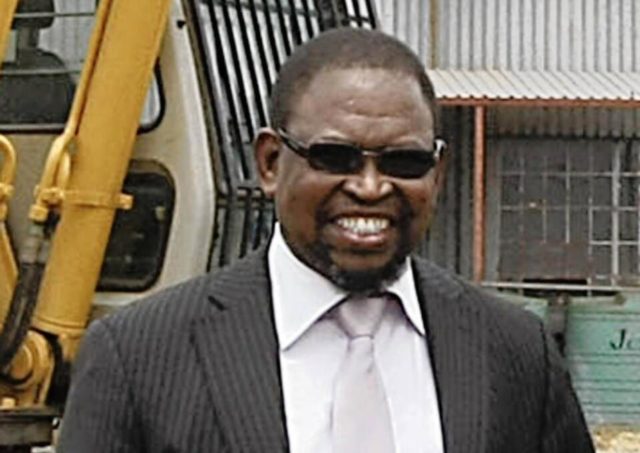“Retirement savings are hard-earned deferred wages of workers and the national Treasury is ill-qualified to tell workers that they cannot access them while experiencing financial difficulties.”
COSATU is seeking an urgent meeting with new Finance Minister Enoch Godongwana to vent frustrations over the Treasury’s decision to deny public servants early access to their pensions.
It is hoped the meeting will compel Parliament to draw up a bill to ensure workers can access a portion of their pensions. The move to allow workers early access to their pensions was part of the government’s response to the financial constraints caused by Covid-19.
In a statement last week to clarify its position on the matter, the Treasury said any consideration for early access would require legislative and fund rule amendments because the current law and policy prohibited any pre-retirement access to retirement savings unless an employee resigned or was retrenched.
It said that the earliest that any changes would become effective for a new withdrawal mechanism was 2022. However, the Treasury said the process would not cover the Government Employees Pension Fund (GEPF), as it is not regulated under the Pension Fund Act, and therefore no Covid-19-related withdrawals would be allowed.
In response, Cosatu spokesperson Sizwe Pamla said: “Retirement savings are hard-earned deferred wages of workers and the national Treasury is ill-qualified to tell workers that they cannot access them while experiencing financial difficulties.”
Data from the Debt Counselling Association showed that many South Africans were in debt, Pamla said. Granting access to the pensions would help public servants to quash their debts.
“About 10 million people in South Africa have bad debt, meaning they have missed three or more monthly repayments. These people have an average of eight loans each. On average, people with bad debt spend 63% of their after-tax income on repayments,” Pamla said.
According to the South African Reserve Bank (SARB), almost 73.7% of household income is spent on debt.
Pamla said the outbreak of the Covid-19 virus had worsened an already bad situation.
“The apprehension about the indebtedness of public servants is even more urgent because over-indebted public servants are vulnerable to corruption. This proposed exclusion will undermine the fight against corruption. Already there are many government employees who are moonlighting,” Pamla said.
Tumelo Mogodiseng, general secretary of the South African Police Union, said they would not allow the decision to stand and would look to challenge it.
He said allowing police access to their pensions would improve their lives. “They will be able to improve their families’ lives, they could build homes. At the moment, they cannot afford anything.”
Reuben Maleka of the Public Servants’ Association (PSA) said the Treasury needed to take note that public servants had equally been affected by the devastating impact of Covid-19.
“The government, and specifically the Treasury, is well aware that public servants are having to make ‘ends meet’, after not receiving their salary increases for 2020. The PSA has already initiated the process by tabling a demand that public servants access pension monies in the Public Service Co-ordinating Bargaining Council (PSCBC), which is yet to be convened. It is not impossible to also amend the GEPF law to permit for such withdrawals, even if it is a defined benefit,” he said.
He added that the PSA could no longer allow that pension monies of public servants to only be available for high-ranking politicians and connected individuals, who access these monies through the Public Investment Corporation (PIC), while the owners of the monies are suffering without houses and drowning in debt.
“The GEPF law must be amended to allow for public servants to access their pensions. Alternatively, GEPF should not be the sole pension scheme for public servants. There must be alternatives for government employees to contribute to other pension schemes, where they will also be allowed to access their pension monies.”
Economist Professor Bonke Dumisa said the demands by the unions for workers to have access to their pensions could undermine the financial well-being of government employees in the long run. It could also have a negative impact on pension funds.
“Government employees have what is called a defined benefit. Their money is invested in different areas and it is calculated that by the time they retire, they will have this amount of money. If the government starts allowing for random withdrawal access to the invested money before retirement, that means it will have to do away with the defined benefit because there is no longer any certainty of how much money there is.”
He said the fact that pension funds had performed and not collapsed in South Africa was largely due to this predictability.
“The government wants to allow for access to private sector pensions because some of them (workers) have been working half the time they used to work (because of Covid-19), but government employees have been paid consistently without fail, so why do they need access to that money?”








